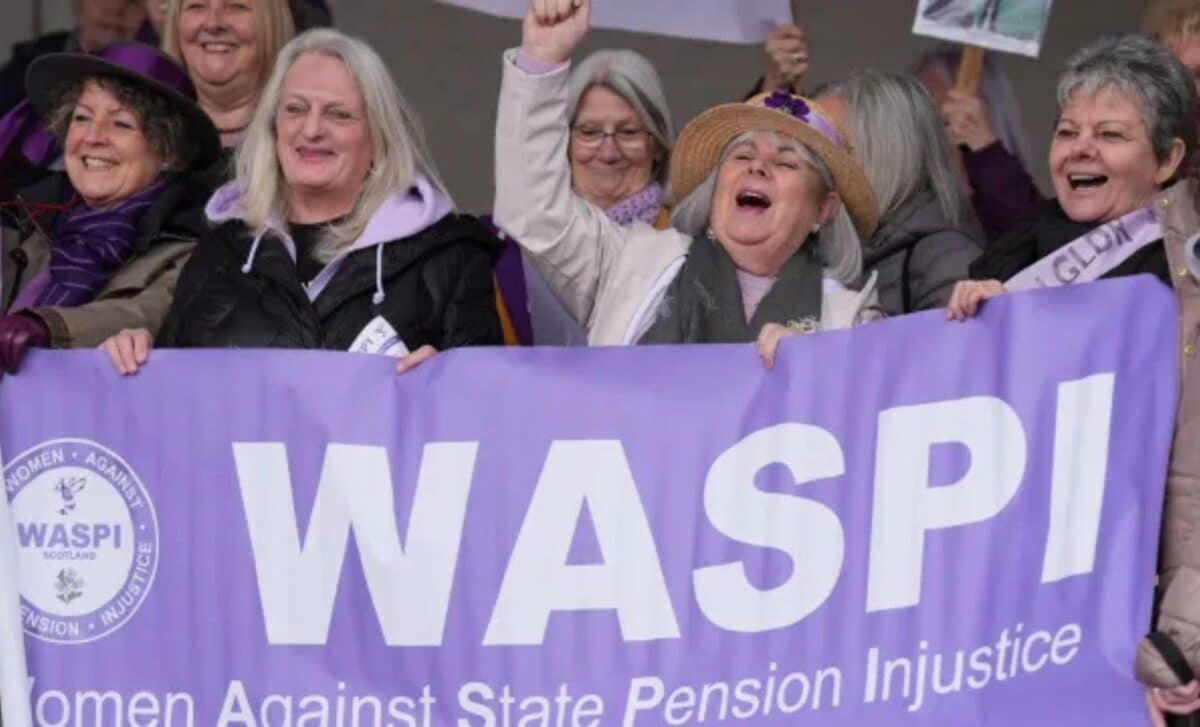The UK government is set to provide an update on compensation for women affected by changes to the state pension age. Women born in the 1950s, represented by the Women Against State Pension Inequality (WASPI) campaign, have long argued that they were not given adequate notice of increases to their retirement age. The forthcoming announcement is expected to address findings from the Parliamentary Ombudsman, which highlighted significant failings in how the changes were communicated.
This update follows years of advocacy from campaigners seeking financial redress for the emotional and economic hardships caused by the lack of preparation time for these changes.
Ombudsman Highlights Failures in Pension Age Communication
The Parliamentary and Health Service Ombudsman (PHSO) earlier revealed that the Department for Work and Pensions (DWP) failed to provide adequate notice to women affected by changes to the state pension age. The Ombudsman found that women should have been given at least 28 months more individual notice, which would have allowed them to better plan for retirement.
The delay in communication deprived many women of the opportunity to adjust their plans, resulting in widespread financial stress. The report recommended compensation equivalent to Level Four on the Ombudsman’s scale, amounting to between £1,000 and £2,950 per affected individual.
The lack of timely notice has had a profound impact on those affected. Many women have reported struggling to manage living expenses after their anticipated retirement dates were extended, leaving them unable to access the financial support they had planned for.
DWP Acknowledges Complexity of the Issue
The government has recognized the need to address the issue but has stressed the complexities involved. Liz Kendall, Secretary of State for Work and Pensions, confirmed that the DWP is reviewing the Ombudsman’s findings and intends to provide a detailed response soon.
Speaking at a recent parliamentary session, pensions minister Emma Reynolds acknowledged the extensive work required. “The Ombudsman took six years to consider a range of complex cases, and we are reviewing these complexities carefully,” she said. Reynolds noted that she was the first minister in years to meet directly with WASPI representatives and assured MPs that a statement would be presented to Parliament in the coming weeks.
The Daily Record has reported that WASPI campaigners are pushing for swift action, highlighting the financial and emotional strain the delays have caused. Many of those affected feel that justice has been long overdue, and further postponements only deepen their hardships.
Keir Starmer Demands Government Action
During the G20 summit in Brazil, Labour leader Keir Starmer addressed growing concerns about the government’s slow progress in resolving the state pension age compensation issue. When asked by reporters about the delays, Starmer acknowledged the importance of the matter, stating: “The DWP secretary will be making a statement on this in the not too distant future. Obviously, it’s a very serious report, and the response will be set out by the DWP Secretary.”
This statement has provided some reassurance to campaigners, many of whom have been waiting years for clarity on how the government intends to address the Parliamentary Ombudsman’s findings. Starmer’s comments highlight the urgency of the situation, as thousands of women affected by the Women Against State Pension Inequality (WASPI) campaign continue to face financial and emotional strain.
While the acknowledgment from Starmer has renewed hope that a resolution may be on the horizon, campaigners remain frustrated by the lack of concrete action. Many argue that the delays have worsened the financial difficulties faced by women who were left unprepared for the changes to the state pension age.
Next Steps: What to Expect
The government is expected to deliver a formal response to the Ombudsman’s findings soon, bringing clarity to thousands of women impacted by the state pension age changes. According to reports, the DWP Secretary is preparing a detailed statement that will outline the government’s position and potential plans for compensation. This response will be crucial in determining how the recommendations from the Ombudsman are implemented and whether the financial and emotional toll on affected women will be adequately addressed.
While campaigners welcome the prospect of a government response, no specific timeline has been confirmed, leaving many women in prolonged uncertainty. WASPI representatives have pointed out that several of the affected individuals are already retired and living on limited incomes, making a swift resolution imperative. Delays not only exacerbate financial hardships but also erode trust in the government’s ability to address grievances fairly and promptly.









